The opposite of play is not work. It's depression
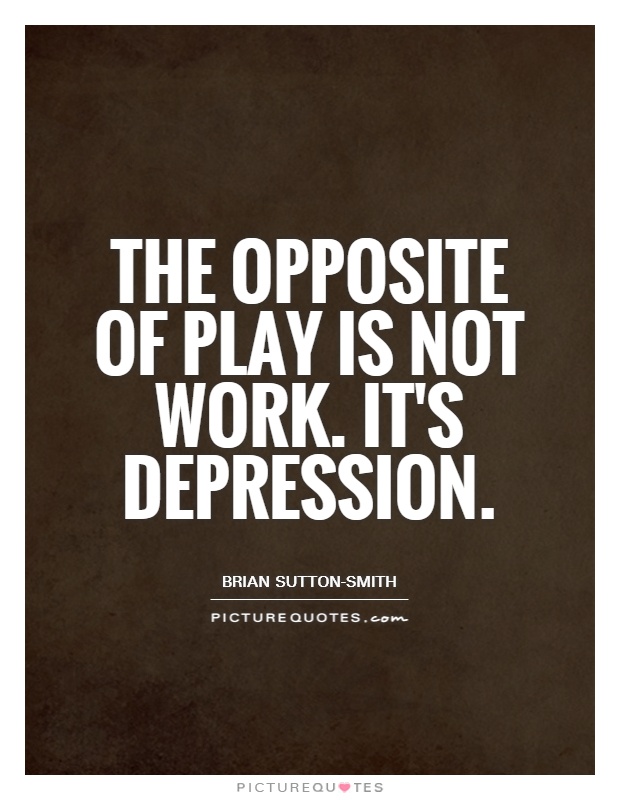
The opposite of play is not work. It's depression
Brian Sutton-Smith, a renowned play theorist, once famously said, “The opposite of play is not work. It's depression.” This statement holds a profound truth about the importance of play in our lives and the detrimental effects of its absence. Sutton-Smith believed that play is a fundamental aspect of human nature and essential for our overall well-being.According to Sutton-Smith, play is not just a frivolous activity or a way to pass the time. It is a crucial component of our psychological development and a means of exploring and understanding the world around us. Play allows us to express ourselves creatively, develop social skills, and learn important life lessons. It is through play that we can experiment, take risks, and make mistakes without fear of judgment or failure.
On the other hand, depression is a serious mental health condition that can have a profound impact on a person's ability to engage in activities they once enjoyed. Depression can rob individuals of their motivation, energy, and sense of pleasure, making it difficult for them to find joy in everyday activities. In this sense, depression can be seen as the antithesis of play, as it inhibits our ability to engage with the world in a meaningful and fulfilling way.
Sutton-Smith's statement highlights the importance of play in combating depression and promoting mental well-being. Engaging in play can help alleviate symptoms of depression by providing a sense of purpose, enjoyment, and connection with others. Play can act as a form of therapy, allowing individuals to express themselves, release pent-up emotions, and regain a sense of control over their lives.
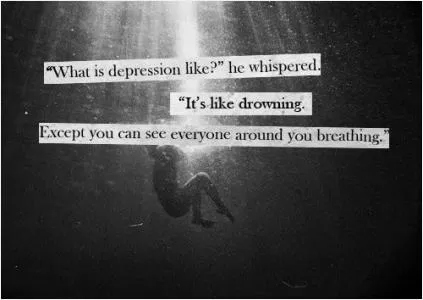
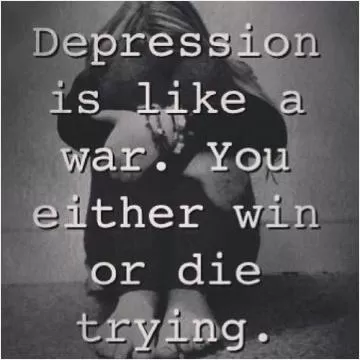
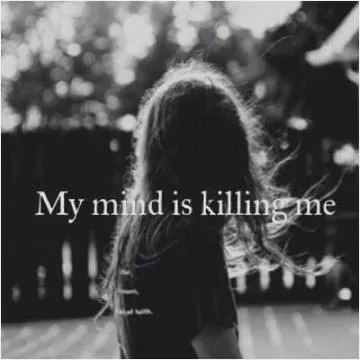
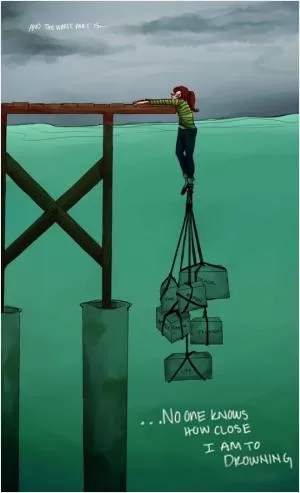
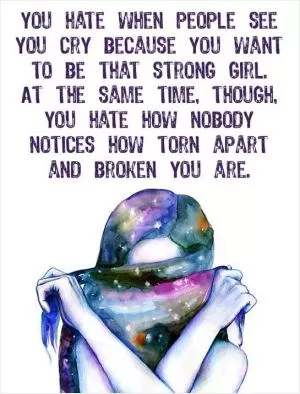

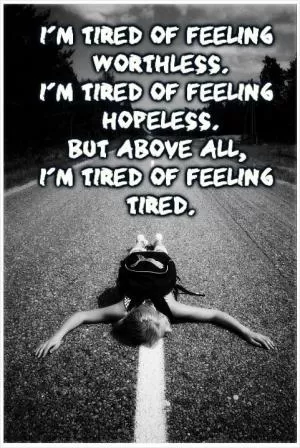
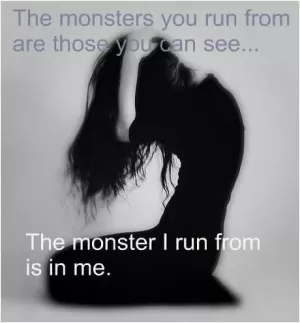
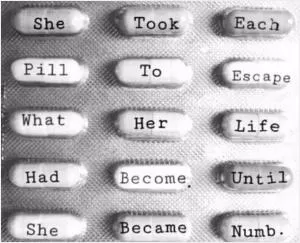
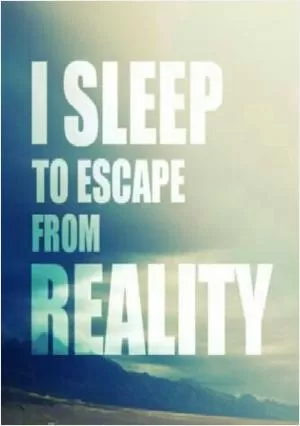
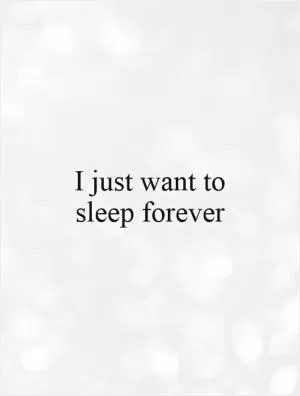
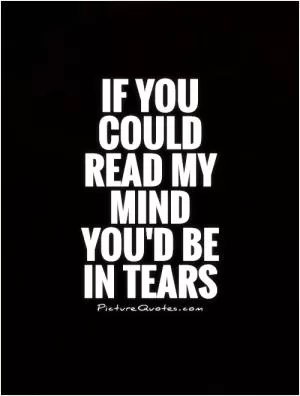
 Friendship Quotes
Friendship Quotes Love Quotes
Love Quotes Life Quotes
Life Quotes Funny Quotes
Funny Quotes Motivational Quotes
Motivational Quotes Inspirational Quotes
Inspirational Quotes